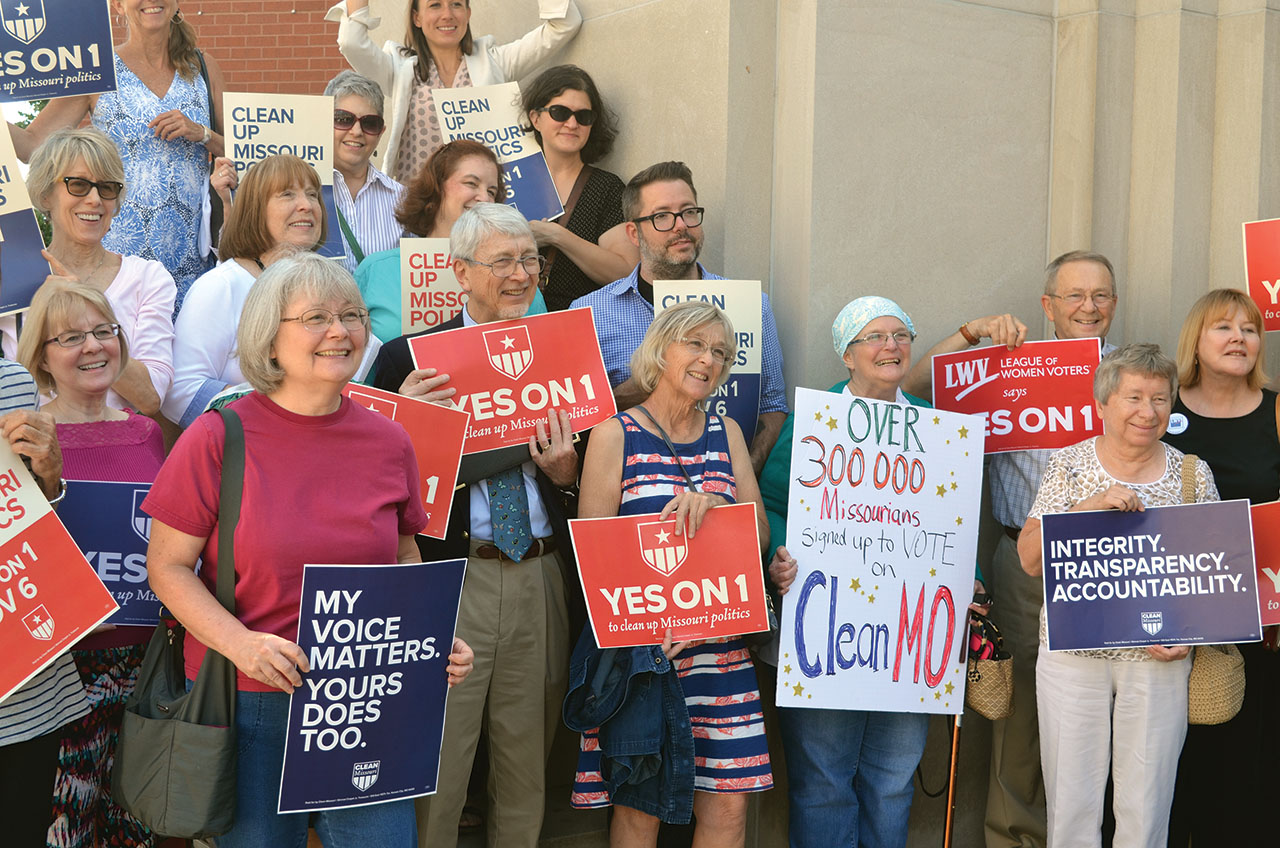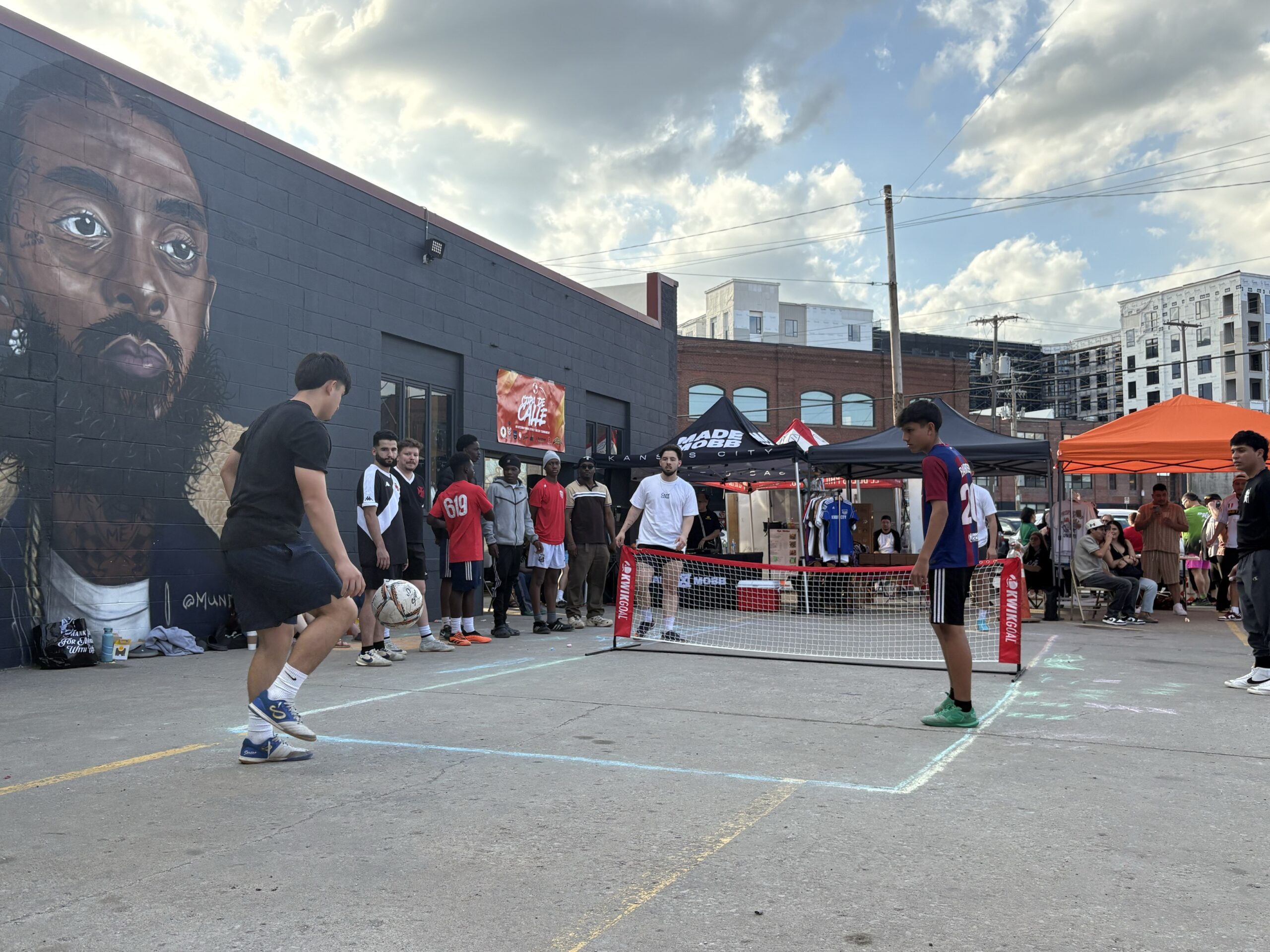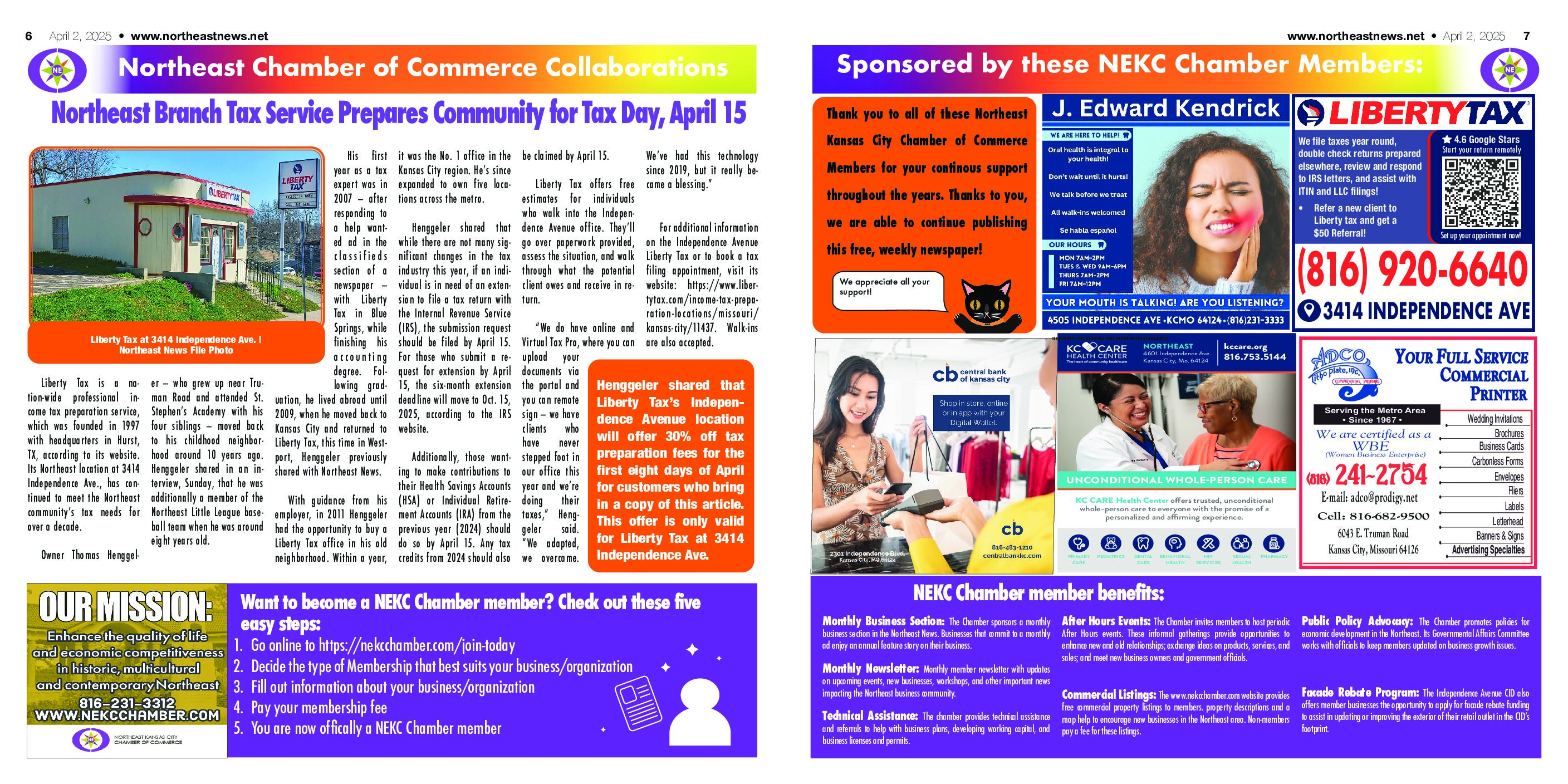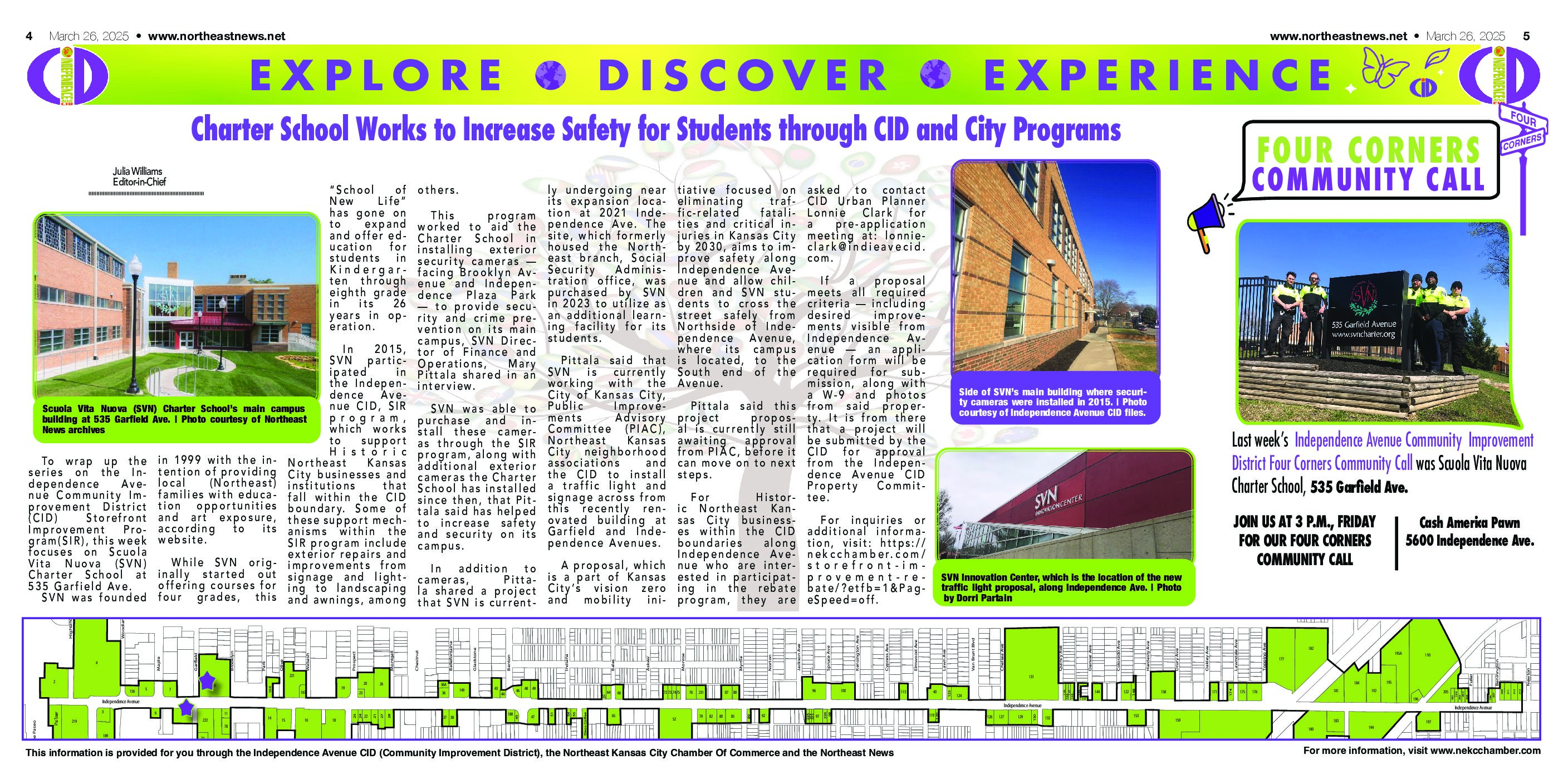Originally published September 26, 2018
Paul Thompson
Northeast News
The “Clean Missouri” initiative petition, dubbed Amendment One, aims to dull the effectiveness of donor and lobbying spending in Missouri politics through five major reforms: 1) banning all gifts worth more than five dollars; 2) instituting a two-year moratorium on lobbying for politicians following their final legislative session; 3) lowering campaign contribution limits to $2,500 for Senate candidates and $2,000 for House candidates, while also closing contribution loopholes; 4) requiring legislative records to be held to the same Sunshine Law transparency rules as other public entities; and 5) directing the state to hire a nonpartisan expert to draw fair legislative district maps after the next census.
“I think it will (pass), and I think it should,” said District 19 State Representative Ingrid Burnett. “We had a large number of people who signed that petition, because it was important to them and because we have a legislature that refuses to police itself.”
Representative DaRon McGee of South Kansas City described how the legislative districts are currently developed. First, the Governor appoints six people – three Democrats and three Republicans – to draw the district maps. If they can’t agree, the courts get involved and draw the maps instead. McGee indicated that the makeup of the Governor-appointed board essentially ensures that consensus is not met. Because the court-drawn maps need to be approved by a Republican-controlled legislature and a Republican Governor, McGee contends that the maps are not equitable.
McGee has gone on the record in support of the legislation, primarily because it includes language regarding to re-drawing of legislative district maps.
“That forces people to be attuned to the people that we represent, rather than the party,” McGee said. “I think that it makes things more equitable and fair in the way that we draw districts. Right now, I think it’s completely partisan.”
On September 20, attorney Todd Graves argued in court against Amendment One, suggesting that lots of superfluous and likely popular provisions have been tied to together to gloss over the more controversial redistricting proposal.
Ahuja followed up by querying if redistricting changes would be permissible, in Graves’ opinion, if it appeared alone on the ballot, without the other provisions.
“If it was done alone, it would,” Graves replied.
Afterwards, Graves decried the initiative as a Trojan horse of sorts: popular ethics reform measures wrapped around new redistricting rules that will fundamentally alter the balance of power in Missouri. He added that there’s also a legal issue with altering campaign contribution limits that were only recently reduced by voters.
“There’s a political point and there’s a legal point,” Graves said. “The political point is that it’s a cynical attempt to draw votes to your proposal. The legal point is, the contribution limits are in one article of the constitution that was just passed by voters two years ago. They put this in another article and didn’t even mention that or amend that.”




















